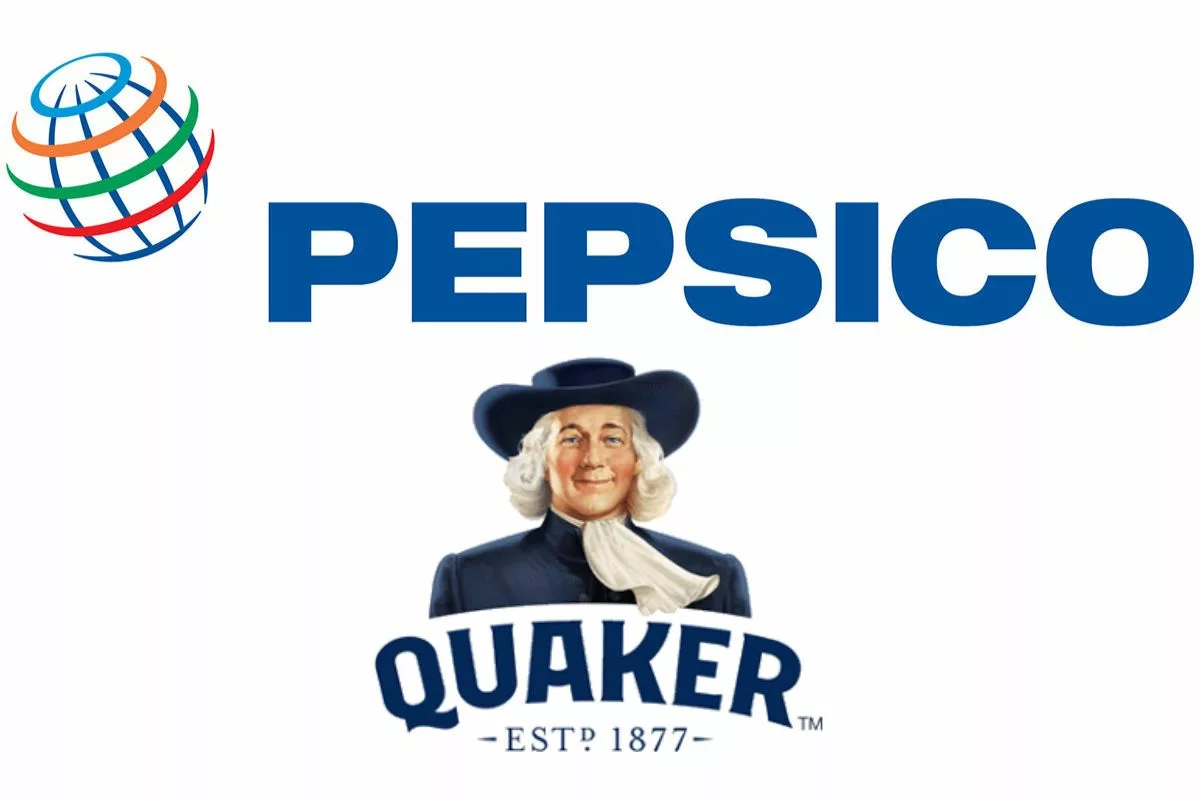
Quaker Oats Co. and PepsiCo Canada ULC are facing a lawsuit over a suspected case of Salmonella poisoning. The class action lawsuit has been filed by Vancouver’s Slater Vecchio LLP on behalf of Canadians who fell ill after consuming suspected Salmonella-infected Quaker Oats products.
Class Action Lawsuit Against Quaker and PepsiCo
On January 11, the Canadian Food Inspection Agency ordered the recall of 38 Quaker products, including granola and cereal products, on suspicion that they had Salmonella contamination. CFIA also ordered the recall of more than 30 yogurt and parfait products that contained recalled Quaker granola and included different flavors of Harvest Crunch cereals, chewy and yogurt granola bars, Cap’n Crunch treat bars. Quaker Oats is a subsidiary of PepsiCo Canada ULC and its snack-food giant’s arms.
The sudden recall of more than 30 products has severely hit the sales of Quaker, and it still has to compensate and replace the recalled products from the grocery stores. Sam Jaworski, a partner at Slater Vecchio LLP, in a statement said that “Canadians trust manufacturers to produce packaged foods that can safely be consumed without the risk of illness from contamination. Through a class action, Canadians can access justice to hold suppliers accountable through strength in numbers, even if it would not be economical to pursue a lawsuit at the individual level.”
Health Canada has asked consumers to discard any Quaker products that have been listed as dangerous and suspected of Salmonella contamination.
Slater Vecchio LLP, which has filed the class action lawsuit, is also trying to get in touch with the consumers who fell sick after consuming the alleged Salmonella-infected Quaker products. The lawsuit has indicted Quaker of not conforming to quality control standards and procedures to detect contamination. The lawsuit detailed one of the consumers, B.C. resident Jessica Simpson, who started experiencing symptoms of Salmonella poisoning soon after consuming the company’s products. The products which have been designated as suspect are items with a shelf life designated from January 11 to October 7, 2024.
Salmonella is a bacterium that spoils food products and constitutes a serious health risk. Salmonella infection is particularly risky for pediatrics and geriatrics and can lead to severe diarrhea, leading to dehydration and even death. Salmonella infections are also very contagious and can pass from one person to another. The symptoms of Salmonella start within six to 72 hours after ingestion of the contaminated food and can last for four to seven days.
There was an earlier instance of Salmonella poisoning linked to cantaloupe late in 2023 in which there were nine fatalities and more than 100 Canadians were infected. The same law firm has initiated a class action lawsuit against the Mexican company Malichita, which grew the cantaloupes, and two U.S. food companies.
Also Read:
TD Bank Class Action Lawsuit Settlement: Account Holders May Receive Repayments Soon
3M Lawsuit Settlement, Agrees to $253M Payout for Veterans’ Earplug-Related Hearing Loss
Class-Action Lawsuit Against Assertio Holdings Inc: Examining Allegations Post CEO Departure










